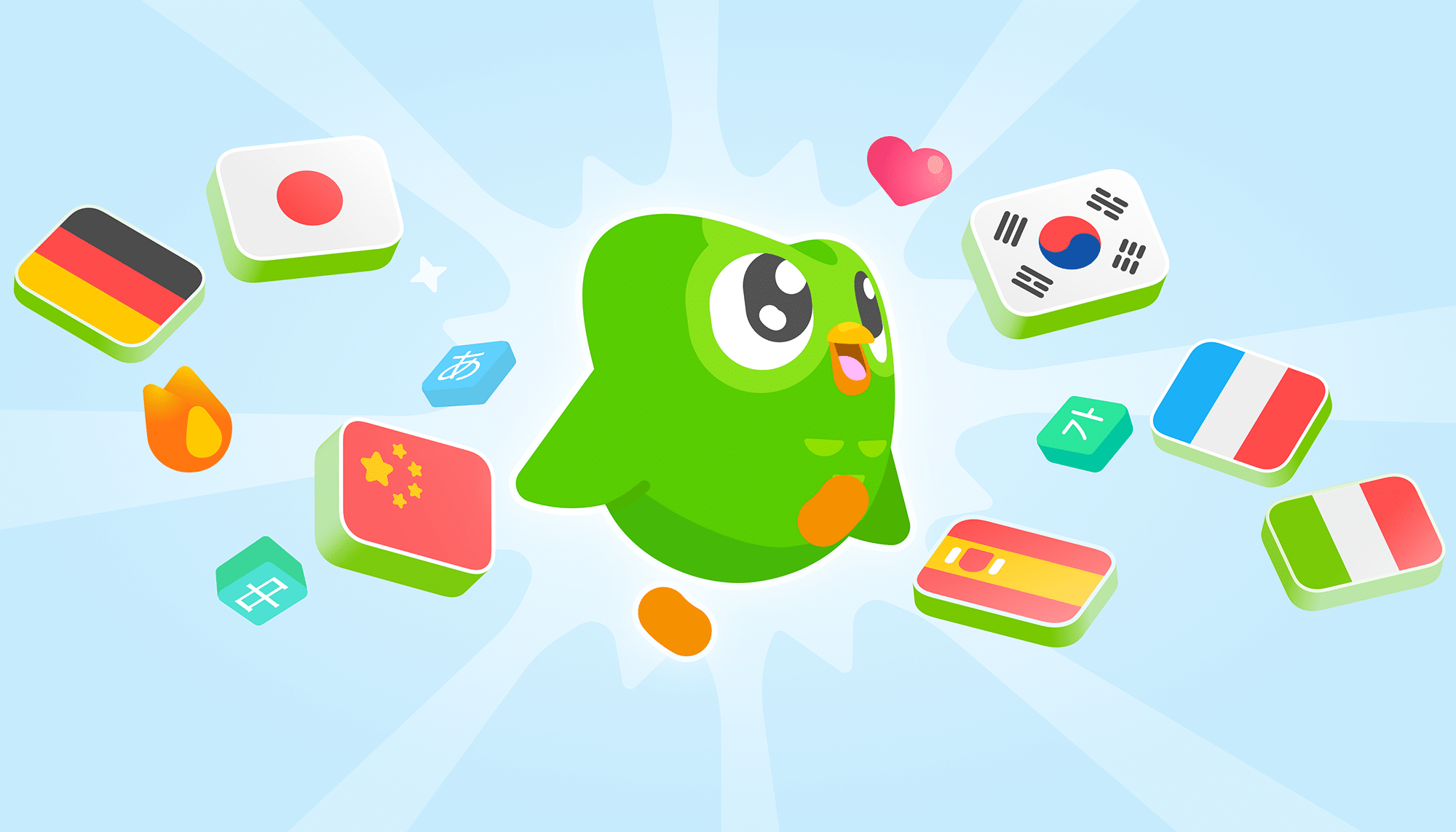Duolingo Unveils 148 AI-Enhanced Courses After AI-First Initiative

Duolingo has made a significant leap in language education by launching 148 new language courses, all developed using its proprietary artificial intelligence systems. This announcement comes shortly after the company’s CEO revealed a strategic pivot towards an AI-first model. The rapid development of these courses, which more than doubles Duolingo’s existing offerings, highlights the potential of generative AI in transforming language learning. The company aims to integrate AI across all divisions and plans to gradually replace contract workers with AI tools.
Historic Expansion of Language Offerings
In a recent announcement, Duolingo unveiled its largest content expansion to date, introducing 148 new language courses. Traditionally, creating a single language course could take several years, but the integration of generative AI has drastically reduced this timeline. According to CEO Luis von Ahn, the company developed its first 100 courses over a span of 12 years. In contrast, the new courses were created in just one year, showcasing the efficiency of AI in enhancing educational resources. This expansion now allows learners to access popular non-English languages, including French, German, Italian, Japanese, Korean, Mandarin, and Spanish, across all 28 supported user interface languages.
The new offerings are designed to cater to a global audience, potentially reaching over a billion learners. The innovative approach, termed “shared content systems,” involves creating a high-quality base course that can be customized for various languages. This method not only streamlines the course creation process but also ensures that learners receive a consistent and effective educational experience.
Enhanced Learning Opportunities for Diverse Language Speakers
The newly launched courses provide exciting opportunities for speakers of Spanish and Portuguese (Latin America) to learn Japanese, Korean, and Mandarin. Similarly, speakers of most European languages can now access these Asian languages, broadening their linguistic horizons. For speakers of Asian languages, Duolingo has made its top seven non-English languages available, a significant improvement from the previous limitation of only offering English. This expansion reflects Duolingo’s commitment to making language learning accessible and inclusive for a diverse range of learners.
The platform’s innovative use of AI not only enhances the learning experience but also allows for a more personalized approach to language acquisition. By leveraging technology, Duolingo aims to meet the needs of a global audience, ensuring that learners can engage with languages that were previously less accessible to them.
Strategic Shift Towards an AI-First Model
Earlier this week, Duolingo’s CEO communicated a strategic shift towards an AI-first model in an email to employees. This transition will involve a reduction in the reliance on contract workers for tasks that can be efficiently managed by AI. The company plans to incorporate AI skills as a key criterion in its hiring process and will include the use of AI technology in performance evaluations. This move underscores Duolingo’s commitment to embracing technological advancements to enhance its educational offerings and operational efficiency.
As Duolingo continues to evolve, the integration of AI across all divisions signifies a transformative approach to language learning. The company is not only expanding its course offerings but also redefining how language education is delivered in the digital age. By prioritizing AI, Duolingo aims to stay at the forefront of educational technology, ensuring that it meets the evolving needs of learners worldwide.
Observer Voice is the one stop site for National, International news, Sports, Editor’s Choice, Art/culture contents, Quotes and much more. We also cover historical contents. Historical contents includes World History, Indian History, and what happened today. The website also covers Entertainment across the India and World.

